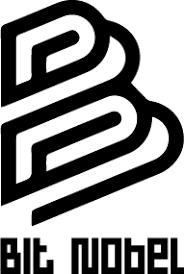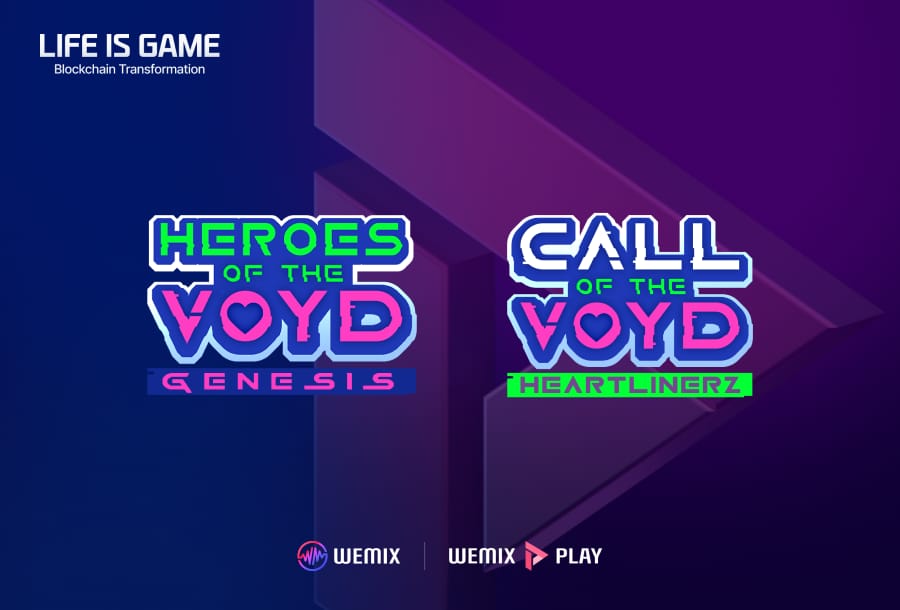Yesterday Justin Sun, billionaire founder of the Tron ecosystem, removed a collateral of 12,000 bitcoin from the reserves of the stablecoin USDD.
This initiative has raised quite a few concerns from the community regarding the sustainability of the algorithmic currency and the legitimacy of a fund withdrawal without the approval of the protocol’s governance.
At the moment USDD is overcollateralized at 230%, but almost exclusively by the volatile altcoin TRX. Does the stablecoin situation remind you of something? Spoiler: it has to do with LUNA.
Let’s delve into the news below.
Justin Sun and the removal of 12,000 Bitcoin from the USDD collateral: now the coin is 100% backed by TRX
Unexpectedly, yesterday Justin Sun removed as many as 12,000 Bitcoin, equivalent to 735 million dollars, from the reserve collateral of the stablecoin USDD.
The coins served as guarantees to cover any potential depeg risks, and contributed to the price stability of the cryptocurrency.
Now the price of USDD is almost completely defended by TRX, the central resource of the Tron ecosystem, with a small share in USDT.
The presence of Bitcoin as an asset di riserva offered greater security to investors, who could rely on the solidity of the most capitalized cryptocurrency in the world.
According to Tron DAO Reserve, about 12,000 BTC used as USDD reserves have been removed recently and all flowed into HTX. The current supply of USDD is about 745 million, with a collateral value of $1.723 billion, but about 98.8% of it is backed by 10.93 million TRX ($1.703…
— Wu Blockchain (@WuBlockchain) August 23, 2024
What, however, has caused the most sensation is the fact that Justin Sun would have acted without the authorization of the governance of the USDD protocol.
The community is stunned by an arbitrary choice of the founder of Tron, which in this case seems to go against the interests of the collectivity.
According to the project’s governance page, the last and only question that was raised in the past concerned the topic of token burn in May 2023.
At the moment USDD has a capitalization of 744 million dollars, fully backed by TRX and USDT with a positive ratio of 230%. The total value of the reserves is 1.7 billion dollars.
Now there are no risks of a loss of the peg, but things could get bad if the value of the collateral falls below the total value of USDD.
To trigger a bank run similar to the one observed with UST in 2022 (stablecoin of the Terra/Luna ecosystem) TRX should fall below 0.067 dollars.
At this moment it is worth 0.155 dollars.
Source: https://usdd.io/#/
The explanation of Justin Sun after the criticisms from the community
In the face of criticism from the Tron community, Justin Sun immediately justified the removal of 12,000 Bitcoin as collateral for the stablecoin USDD.
As one could imagine, the 34-year-old billionaire had no intention of causing damage to the distributed cryptographic protocol operating on his own blockchain.
At the same time, he would never have allowed losing the public’s trust with a violation of governance rights, acting without authorization.
Specifically, Justin Sun, in a statement published yesterday on X, downplayed concerns by reminding that the mechanism of USDD is similar to that of the MakerDAO protocol. He literally quoted that:
“This is part of the basics of DeFi 101. Currently, USDD has a long-term collateral rate above 300%, which means that capital utilization is not very efficient.”
Regarding the decentralized stablecoin USDD, its mechanism is similar to MakerDAO’s DAI and is not mysterious. When your collateral exceeds the amount specified by the system (usually between 120%-150% depending on the vault), any collateral holder can withdraw any amount freely…
— H.E. Justin Sun 孙宇晨(hiring) (@justinsuntron) August 22, 2024
USDD like DAI of MakerDAO allows the project team to retarget part of the collateral liquidity if it exceeds a certain established threshold, in this case 300%.
Simply, it is not efficient to leave a reserve so deeply over-collateralized in the middle of the crypto bull market.
Furthermore, this move does not require formal approval from the community, as established by the internal rules of the project. In case of future necessity, other collateral can always be added to cover risks of collapse.
Despite this, there are still those who remain skeptical and associate the current coverage of USDD with that on which UST was based, the stablecoin of the now defunct Terra/Luna project.
USDD is now a LUNA model (fully endogenous overcollateralization ie TRX, and much more thinly than LUNA which averaged 350-400% collat)
Why would Justin Sun do this https://t.co/ikFbwqbKfF
— 4lex (@_4lex_4) August 22, 2024
The market of the algorithmic stablecoin USDD and the potential vulnerabilities in case of depeg.
After Justin’s latest move, now the stablecoin USDD no longer depends on Bitcoin but solely and exclusively on TRX.
Observing the data from DefilLama, we notice how the coin is almost entirely distributed on the Tron chain, with negligible shares on other chains like Ethereum and BSC.
Over 99% of the circulating supply operates directly on Justin Sun’s network, primarily serving DEX, CDP, and lending platforms.
Probably it is not a coincidence that Sun chose to remove BTC (and not TRX) from the collateral of USDD, precisely to give more prominence to its own cryptographic resource.
The choice reflects the latest success of the chain that is attracting more and more users in the wake of the popularity of the SunPump protocol that boosts memecoin speculations.
At the same time TRX grew by 15% in a week, highlighting the positive momentum of the entire ecosystem.
At the moment USDD represents the 7th stablecoin by circulating supply issued with 744 million tokens, behind PYUSD, FDUSD, USDe, DAI, USDC, and USDT.
Source: https://defillama.com/stablecoin/usdd
Despite the popularity of USDD, the current strength of TRX, and the over-collateralization factor, the vulnerability of the stablecoin remains evident, which could collapse if it loses the peg.
As the founder of Ducat Protocol reminds us, in a depeg condition, an arbitrage opportunity would be created that traders would surely exploit to make a profit.
With USDD < 1 USD, users would be incentivized to borrow the stablecoin and convert it on-chain for USDT and USDC.
This mechanism can be repeated indefinitely, accompanied by the creation of short positions against TRX to further break down the peg.
This is exactly what happened in May 2022 in the middle of the UST crash.
Make your due considerations.
this is extremely vulnerable to someone borrowing tons of USDD > convert to USDC/T on chain (doubt any Cex not controlled by JS accepts USDD) -> shorting tons of TRX against it
— 4lex (@_4lex_4) August 23, 2024
In the financial market, the terms “bull” and “bear” are often used to describe market trends. A “bull” market is characterized by rising prices, while a “bear” market is characterized by falling prices. Understanding the difference between a “bull” and a “bear” market is crucial for investors.







